Bill Gates has praised lab-made butter created from CO2, claiming it tastes just like traditional butter, highlighting its innovation.
Bill Gates has recently highlighted a groundbreaking innovation in the food industry.
This innovation is lab-made butter created from carbon dioxide (CO2).
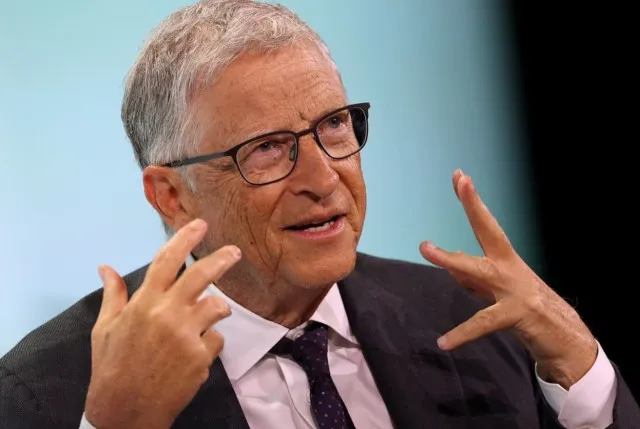
Lab-made butter from CO2 offers a sustainable alternative
According to Gates, this new butter tastes remarkably similar to traditional butter.
This achievement has attracted attention because it could change how we make and use one of our favorite foods.
The process of creating butter from CO2 utilizes advanced technology.
This technology transforms carbon dioxide into a substance that imitates the flavor and consistency of authentic butter.
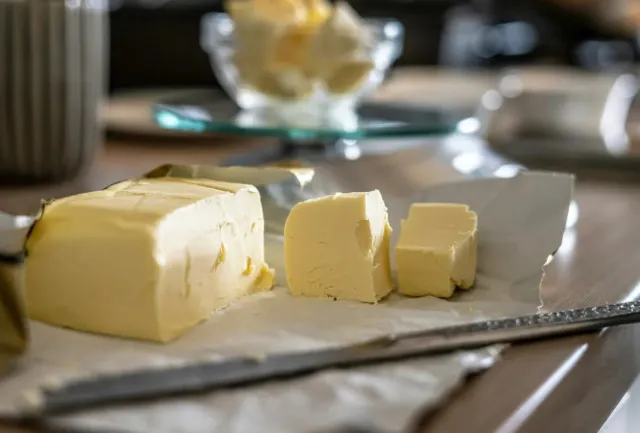
This method aims to tackle important issues linked to conventional dairy production, such as its impact on the environment and sustainability.
By utilizing CO2, a greenhouse gas, this production process helps decrease the carbon emissions associated with butter production.
From that, reducing its overall environmental footprint.
Bill Gates supports this creation
Bill Gates has been vocal about the need for innovative solutions to combat climate change.
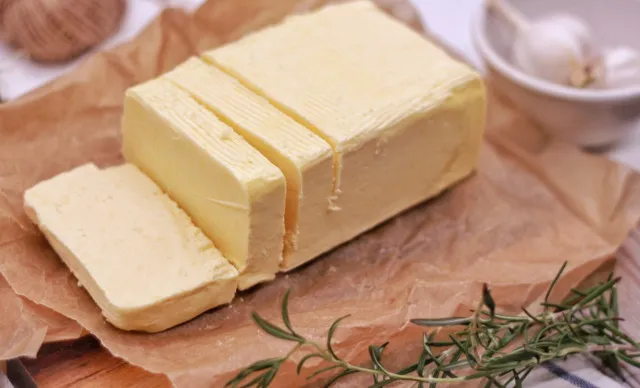
He believes this new lab-made butter is a big step forward.
It helps reduce our dependence on dairy farming, which harms the environment.
The technology behind this butter offers a more eco-friendly alternative that could potentially transform the dairy industry.
The lab-made butter is created using a process known as “precision fermentation.”
This technology uses microorganisms to convert CO2 into fats and proteins that replicate the composition of traditional butter.
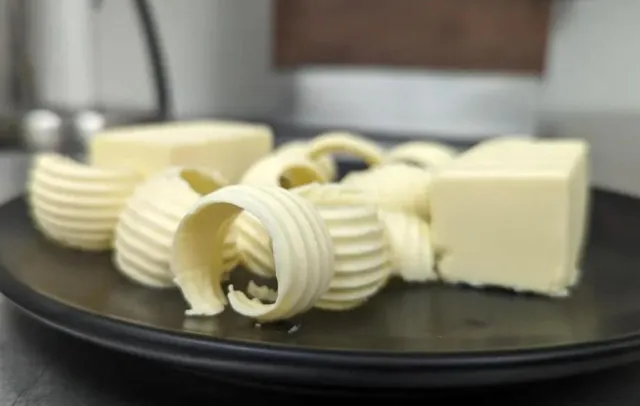
The goal is to create a product with the same delicious, smooth taste and texture as butter.
This makes it a viable choice for consumers who prioritize sustainability without compromising on flavor.
Lab-made butter offers environmental benefits and economic advantages
Many people are excited about this innovation because it addresses several pressing issues.
First, it offers a way to produce butter without the need for large-scale dairy farming.
It often involves significant land use, water consumption, and greenhouse gas emissions.
Second, it provides a solution for those who are looking for more sustainable food options without compromising on taste or quality.
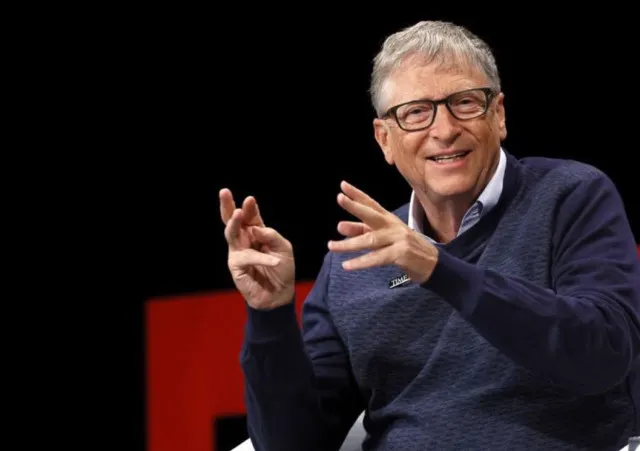
In addition to its environmental benefits, lab-made butter could also have economic implications.
Reducing production costs and spreading the technology could lower prices for consumers.
This could make sustainable food options more accessible and encourage more people to make environmentally-friendly choices.
Social media reactions
On social media, people expressed their amusement about this kind of innovative butter.
I personally think it’s awesome that they’re trying to save the environment, if you read the article, it is chemically exactly the same as real butter and cannot harm you, one user said.
I myself am a meat eater but I can appreciate these replacements.
The current beef and milk industry is not only animal abuse but it’s also terrible for greenhouse emissions, the second user commented.
Tell Bill Gates he can eat it, all of it, and if he doesn’t eat it, it makes a good lubricant for something else, the third user said.
As if Bill Gates can be trusted with anything, including what tastes like butter, another wrote.